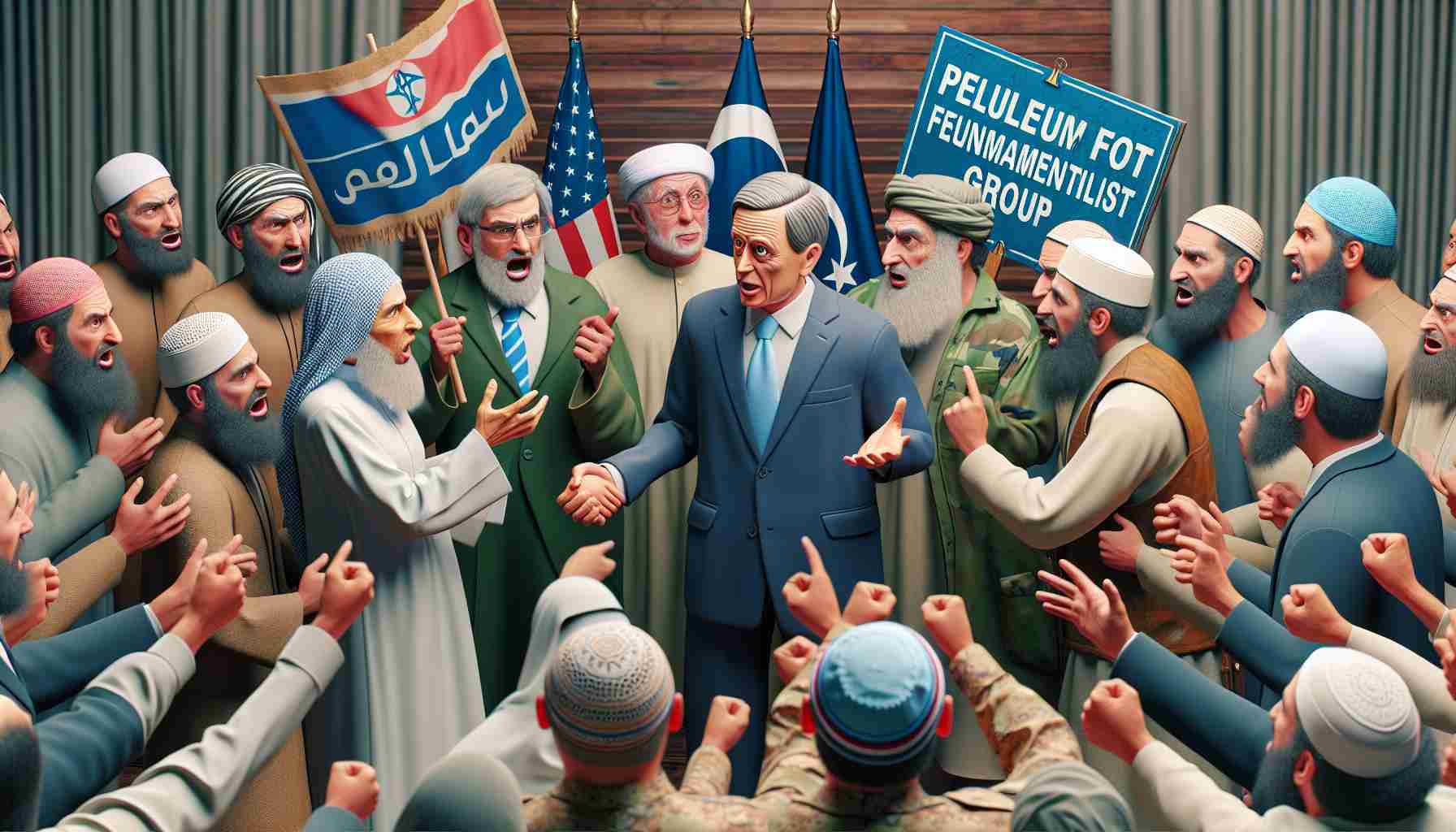
Disagreement over Alleged Taliban Support in PVDA Program
N-VA Leader’s Misinterpretation Sparks Controversy
N-VA leader sparked outrage by claiming that the PVDA supports the Taliban in their party program. The misinterpretation stems from a congress text dating back to 2008, discussing “resistance in Afghanistan,” which N-VA’s Bart De Wever associated with Taliban support. Peter Mertens, a prominent figure in PVDA, vehemently denies any Taliban endorsement, stating, “We shudder at the thought of the Taliban.”
In a recent TV appearance, De Wever cited the alleged Taliban support as an extreme viewpoint of PVDA. However, Mertens clarified that the word “Taliban” does not appear in any of their program documents, past or present.
Mertens firmly demands an apology from De Wever, citing the baseless accusations as “flagrant falsehoods.” The N-VA spokesperson indicated that De Wever’s reference hinged on a passage from the 2008 congress text, where Afghanistan’s resistance against the US was lauded for disrupting military plans.
The controversy underscores a fundamental disagreement between the two parties, with De Wever associating Afghan resistance with extremist groups like the Taliban. Despite attempts to clarify the misunderstanding as a mere misinterpretation, the rift remains unresolved, signaling ongoing tensions in the political landscape.
New Developments in PVDA N-VA Disagreement: Unveiling Key Facts and Questions
In light of the escalating disagreement between the PVDA and N-VA regarding alleged Taliban support in the PVDA program, several crucial facts come to the fore that shed new light on the controversy.
One key element that has surfaced is the historical context of the 2008 congress text that sparked the misinterpretation by N-VA’s Bart De Wever. While the text discussed “resistance in Afghanistan,” it did not explicitly mention support for the Taliban. This raises the question of whether political rhetoric and interpretations can inadvertently draw contentious conclusions.
Furthermore, the divergence in perspectives between the two parties has magnified a broader issue of how political discourse can be weaponized for strategic gains. The use of incendiary language and allegations without concrete evidence underlines the delicate nature of political communication and the potential for misrepresentation.
An important question that emerges from this situation is how to navigate the delicate balance between legitimate criticism of political opponents and unfounded accusations that can harm reputations and sow discord. It prompts reflection on the responsibility of political leaders to engage in fair and constructive dialogue, even in the heat of disagreement.
Another relevant point to consider is the impact of such controversies on public perception and trust in political parties. The back-and-forth accusations between PVDA and N-VA risk eroding confidence in the transparency and integrity of political discourse, potentially alienating voters and fueling polarization.
Advantages and Disadvantages of the PVDA N-VA Disagreement:
Advantages:
– The controversy highlights the importance of clarity and precision in political messaging, prompting parties to be more meticulous in their communication to avoid misunderstandings.
– It provides an opportunity for both sides to engage in constructive dialogue and possibly reach a mutual understanding or clarification of their respective positions.
– The public attention drawn to this disagreement can spark conversations about the complexities of international relations and the nuances of political terminology.
Disadvantages:
– The dispute risks diverting attention from substantive policy debates and critical issues facing the electorate, leading to a focus on sensationalism rather than substantial governance.
– Persistent disagreement without resolution may perpetuate animosity between the parties and hinder cooperation on shared objectives or challenges.
– The potential for reputational damage to either party from unsubstantiated allegations can tarnish their credibility and impact their standing in the eyes of the public.
For further insights on political controversies and communication strategies, you may find Political Communication Association a valuable resource to explore.

















